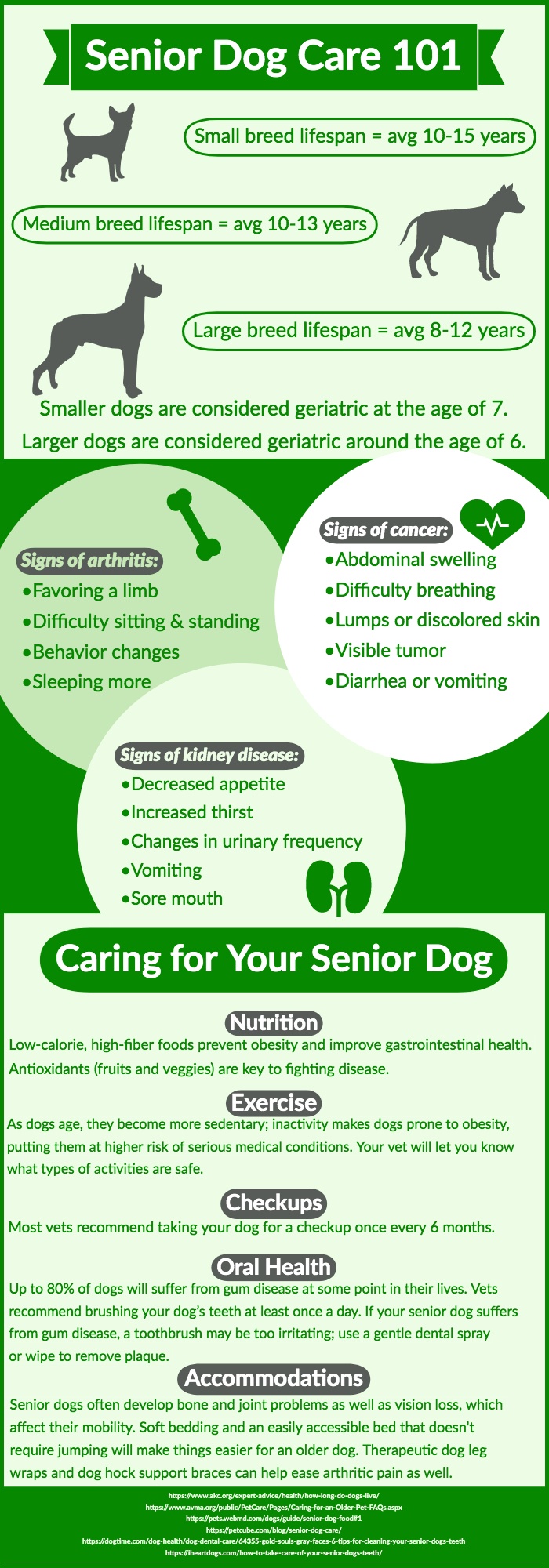The Cost Of Adopting A Dog What You Need To Know
The Cost Of Adopting A Dog What You Need To Know
Blog Article
Can Pet Dog Childcare Reason Health Problem?
Canines in daycare receive great deals of exercise, socialization with various other pet dogs and distinct experiences. This can be particularly handy for pups and canines with behavioral concerns.
There are numerous lawful considerations you need to take into consideration when beginning a dog daycare business. These include the structure of your company and conformity with federal government laws.
1. Pooch Distemper
Canine distemper is spread through direct contact with the bodily fluids and waste of an infected pet dog, however it can additionally be sent via shared water and food bowls or through airborne droplets. This highly infectious health problem is most hazardous for pups, yet it can influence pets of any kind of age and is deadly for most if left neglected.
Preliminary signs of canine distemper commonly simulate a cold, consisting of drippy eyes and nose with watery or pus-like discharge. As the condition proceeds, a pet dog will certainly establish high temperature, coughing, minimized hunger, throwing up and looseness of the bowels. The infection can likewise assault the nerve system, leading to seizures, jerking and partial or total paralysis.
Respectable childcares minimize direct exposure to infection by needing inoculations, routine health examinations and follow strict hygiene methods. If your dog appears excessively worn out or limping, a day of rest may aid him recoup, yet you need to prevent taking him back to day care up until these symptoms clear up.
2. Kennel Cough
Kennel coughing, additionally called contagious canine tracheobronchitis or Bordetella, is an extremely infectious viral or bacterial disease that influences the respiratory system tract. It's commonly moved via the exchange of saliva or air droplets that a sick dog exhales. Social pets go to greater danger for infection due to their frequent communication with each other, such as when they play, share food or water, sniff one another or simply fulfill in a congested environment like a dog park or childcare.
One of the most typical symptom of kennel coughing is a consistent and powerful cough that seems like something embeded the throat or retching. Typically, canines will certainly spend frothy white phlegm. If left unattended, a pet dog can establish pneumonia and be at significant threat forever.
A reliable childcare center should have rigorous cleaning and hygiene methods, sanitize all playthings, food and water bowls on a regular basis, and be open regarding their vaccination plans. Keeping your pet as much as date on their inoculations, especially for bordetella and canine influenza, will substantially minimize their chances of getting the health problem.
3. Parvovirus
Canine parvovirus, or parvo, is a highly transmittable viral disease that can be deadly for pups and young adult pets with bad immune systems. It's most frequently spread out by straight contact with contaminated pet feces-- which can happen when pet dogs sniff, lick, or taste contaminated feces-- and indirectly from polluted individuals, things, or environments (like kennels, brushing rooms and grass). Puppies and pets without total vaccination backgrounds are especially at risk to parvo.
The virus is extremely durable, surviving in the setting for up to 9 years, and can quickly be moved between pets by get in touch with through feces or on footwear, clothing, and bed linen contaminated with parvovirus. Otherwise treated right away with IV fluids, electrolyte equilibrium, throwing up control medicines and anti-biotics to avoid second bacterial infections, a pet will quickly dry out and develop extreme diarrhea, which causes shock and sepsis. Parvo is challenging to heal when a pet has come to be ill, but with proper veterinary care, several puppies do endure this illness.
4. Dog Flu
Canine flu virus is extremely transmittable and spreads through straight contact, sharing food and water bowls, licking or nuzzling other pets, through airborne beads, and through polluted surface areas. Vaccination works in lowering the risk of infection and episodes.
Most impacted pets develop a moderate respiratory system infection with a cough that lasts 1-3 weeks. They might additionally have nasal and ocular discharge, sneezing, and sleepiness. Several of the most major instances dog boarding and training result in pneumonia and a high fever.
If your canine shows any of these signs and symptoms, do not bring them back to childcare until they are healthy and balanced. If your dog is showing indications of severe fatigue or limping, speak to your veterinarian immediately and make certain they get on good health supplements to help develop their resistance. A vet will certainly evaluate your canine for signs of the flu by taking a sample from the nose or throat, and blood tests can be done to verify.